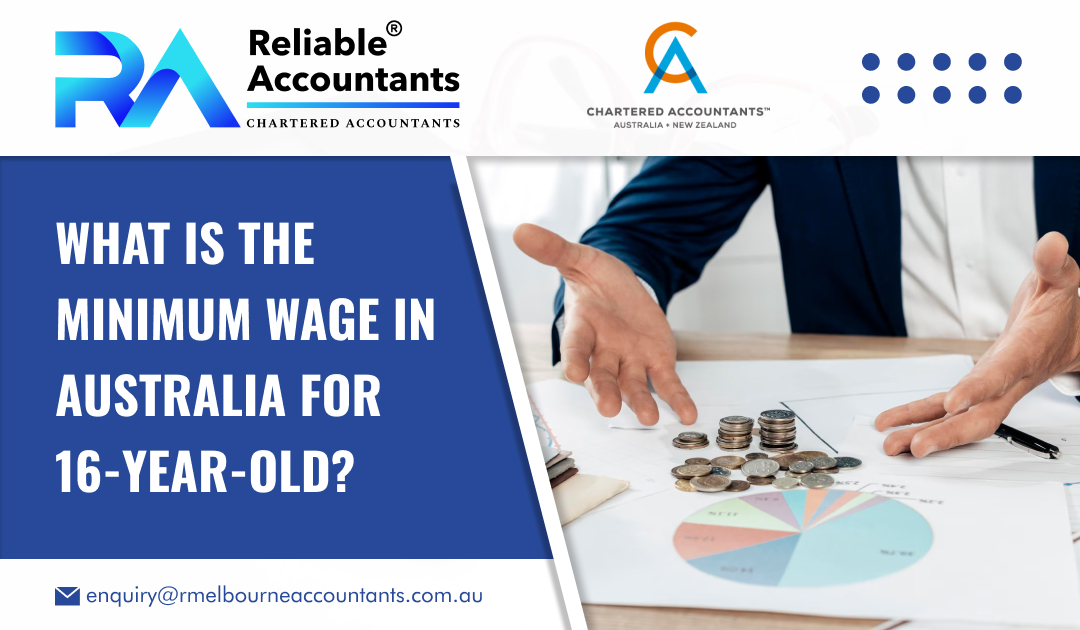Every worker in Australia must know the minimum wage in Australia. Even if you are under 16, the legislation has set a minimum wage. The blog post will explore the minimum wage in Australia.
What is the Minimum Wage in Australia?
As the name implies, the minimum wage is the lowest wage you can be paid for the work you are doing. The Fair Work Commission (FWC) has set a national minimum wage in Australia. This is the minimum wage employees can be paid legally, irrespective of their job or industry. As of 1 July 2023, $23.23/hour is the national minimum wage. It is equivalent to $882.80/per week for 38 hours work week and $45,905.60 per year for 52 weeks.
Minimum Wage in Australia for 16 Years Old and 16+
Different lowest wages may apply differently for employees younger than 21. Minimum wages for young employees are calculated as a percentage of the national minimum wage:
| Age | Percentage | Hourly Minimum Wage |
| Under 16 | 36.8% | $8.55 |
| 16 | 47.3% | $10.99 |
| 17 | 57.8% | $13.43 |
| 18 | 68.3% | $15.87 |
| 19 | 82.5% | $19.16 |
| 20 | 97.7% | $22.70 |
Changes to the Minimum Wage
Every year, the Fair Work Commission checks the national minimum wage and awards wages to make decisions on whether they should be maximised. This is known as the Annual Wage Review, and it takes place from March to June, new changes will come into effect from 1 July.
Award Wages Less than the National Minimum Wage
Following the 2023 Annual Wage Review decision, the minimum award wages in certain awards may now be lower than the National Minimum Wage. For instance, some awards include initial pay rates for new employees in their industry, which generally apply for a limited time until the employee advances to the next level. If an employee is governed by an award or agreement, the minimum wage outlined in the award will take precedence over the National Minimum Wage.
Commission Payments and Piece Rates
Some employees get paid for the work they have done rather than according to the hours they work. Often these employments are still covered by an award, but even if they are not, your employer still pays you at a rate that is equivalent to or higher than the national minimum wage.
Casual Wages
Casual employees covered under the national minimum wage receive an additional pay of at least 25% of the hourly rate of pay. It is paid because casuals don’t have access to paid leave entitlements. Casual workers hired under certain awards may be liable to a higher rate. Workers might also be covered by a contract of employment that can outline a higher rate of pay.
The Supported Wage System
The Supported Wage System is applicable for employees with a disability that affects and minimises their ability to work. If you are on the Supported Wage System, your minimum wage is calculated as a percentage of what other employees without a disability would earn if they were doing the same job.
It depends on the Department of Social Services to decide if you should be paid a Supported Wage System rate – your employer won’t be able to decide this. It depends on the Department of Social Services to check your ability and decide what rate you should be paid.
Apprenticeships and Traineeships
Different minimum wages are applied to employees under a registered training agreement, like a traineeship or apprenticeship. These minimum wages rely on the type of job you are doing and your age. Based on the type of work you do, your minimum wage might also maximise the longer you spend there. It might also increase when you get better at doing your job.
Superannuation
Employers are liable to pay an 11% super contribution to their workers/employees depending on their ordinary time earnings and who are aged 18 or above, or are under 18 and work over 30 hours a week. However, it may increase gradually to 12% by 2025.
Conclusion
Now that you know the minimum wage in Australia according to different age groups. You can check in which category you lie. You can also reach Reliable Melbourne Accountants because you have to pay taxes based on your income.
More Useful Links:
Accounting Firms Melbourne
Employment Separation Certificate
Tax Return Accountant
What is the Minimum Wage in Australia in 2024?
Bank Reconciliation Statement
What is Family Tax Benefit and Who is Eligible for It?

